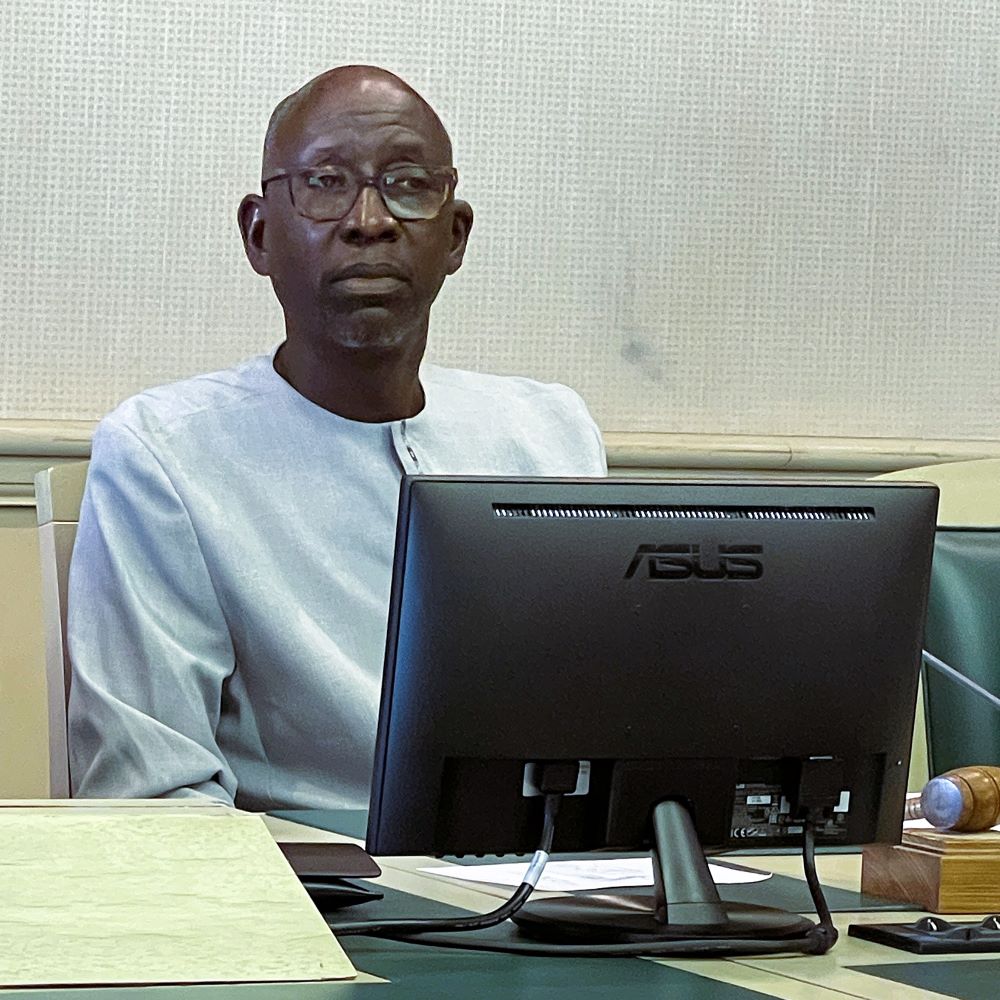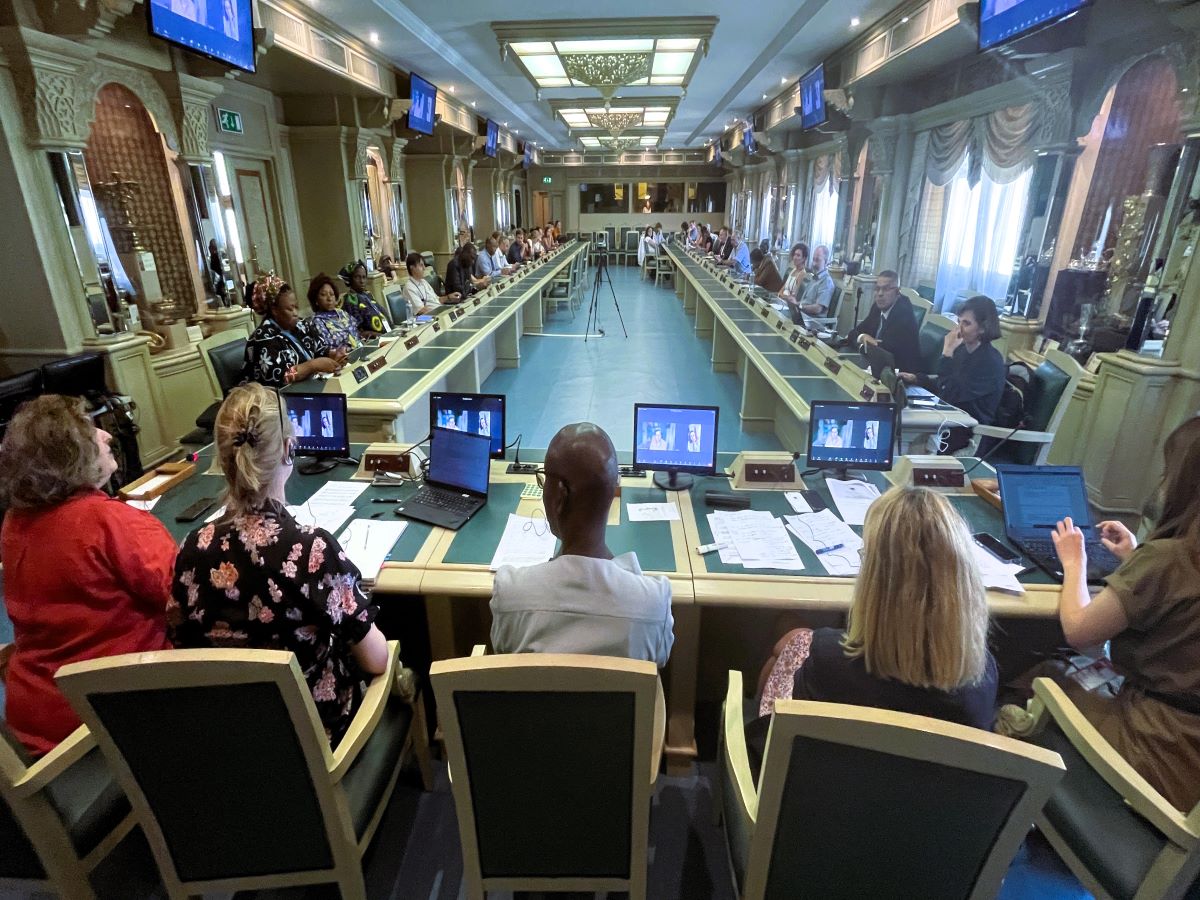On Tuesday, July 9, an informal exchange of views on access agreements was held in the Malaysia Room of the FAO in Rome. This event, organized by Madagascar and Germany, highlighted the complex and crucial issues of access agreements in Africa, focusing on the expectations of African coastal states and artisanal fishing communities. The president of CAOPA, Gaoussou Gueye, presented a detailed analysis of the current situation, emphasizing the challenges, opportunities, and the need for more transparent and equitable management of these agreements.
Current situation in Africa
For decades, African countries have granted access to their waters to foreign industrial fishing fleets through various means, such as bilateral agreements, free licenses, or joint ventures. Unfortunately, these arrangements have often been negotiated without a deep understanding of marine ecosystems, fishery resources, or the needs of local communities. Mr. Gueye pointed out that this ignorance has led to significant negative impacts, such as the destruction of coastal ecosystems, overexploitation of resources, and unfair competition with local artisanal fishing.
“The lack of information should have encouraged our countries, the distant water fishing countries and their fleets to be more cautious. Unfortunately, this was not the case, and the activities of these foreign fleets have continuously had very negative impacts on the future of our communities.”
Expectations of coastal states and artisanal fishing communities
African coastal states and artisanal fishing communities have clear expectations regarding access agreements. They seek to maximize social and economic benefits while preserving resources and ecosystems. Transparency is an essential condition for achieving this. The president of CAOPA criticized the current lack of transparency, pointing out that many agreements are surrounded “by opacity and sometimes fraudulent practices.”

“Even today, there is very little transparency concerning access agreements. Positive steps have been taken, such as the publication of the texts of bilateral fisheries agreements signed with the European Union, their protocols, and their evaluations.”
Mr. Gueye also emphasized the importance of considering the specific needs of artisanal fishing communities in the negotiations of access agreements. He pointed out that these communities heavily depend on fishing for their livelihoods and food security, and that their needs must be integrated into discussions on resource allocation.
Responses from distant water fishing countries
Countries practicing distant water fishing have attempted to respond to these expectations in different ways, but with mixed results. Gaoussou Gueye presented several examples of good practices, such as the commitment of the African, Caribbean, and Pacific States to declare the ultimate beneficiaries of fishing vessels and maintain registers of real owners.
“In 2022, a commitment was made by the African, Caribbean, and Pacific States to take measures, as a flag state or coastal state, to update and implement national legislation requiring the declaration of the ultimate beneficiaries of fishing vessels.”
However, he also highlighted persistent challenges, such as the phenomenon of reflagging, where foreign vessels operate under a local flag without real control by the host country. These practices can lead to unsustainable exploitation of fishery resources and unfair competition with local fishermen.
Importance of regional collaboration
The regional dimension is essential for sustainable access agreements. Mr. Gueye mentioned the example of the Convention on Minimum Access Conditions of the Sub-regional Fisheries Commission of West Africa (CSRP), which harmonizes regulations and establishes minimum conditions for managing access by foreign fleets.
“It is important that countries in the same region harmonize their regulations and agree on minimum conditions for managing access by foreign fleets.”
Gaoussou Gueye’s presentation highlighted the importance of a transparent and equitable management framework for access agreements in Africa. He called for better integration of the needs of artisanal fishing communities in discussions, greater transparency, and strengthened regional collaboration. According to him, the FAO is the most appropriate forum to federate these efforts and create the conditions for a constructive debate between developing coastal states and distant water fishing countries.
For access agreements to be truly beneficial, they must be based on a clear understanding of marine ecosystems, respect the rights and needs of local communities, and be negotiated transparently and inclusively.
Mamadou Aliou DIALLO


